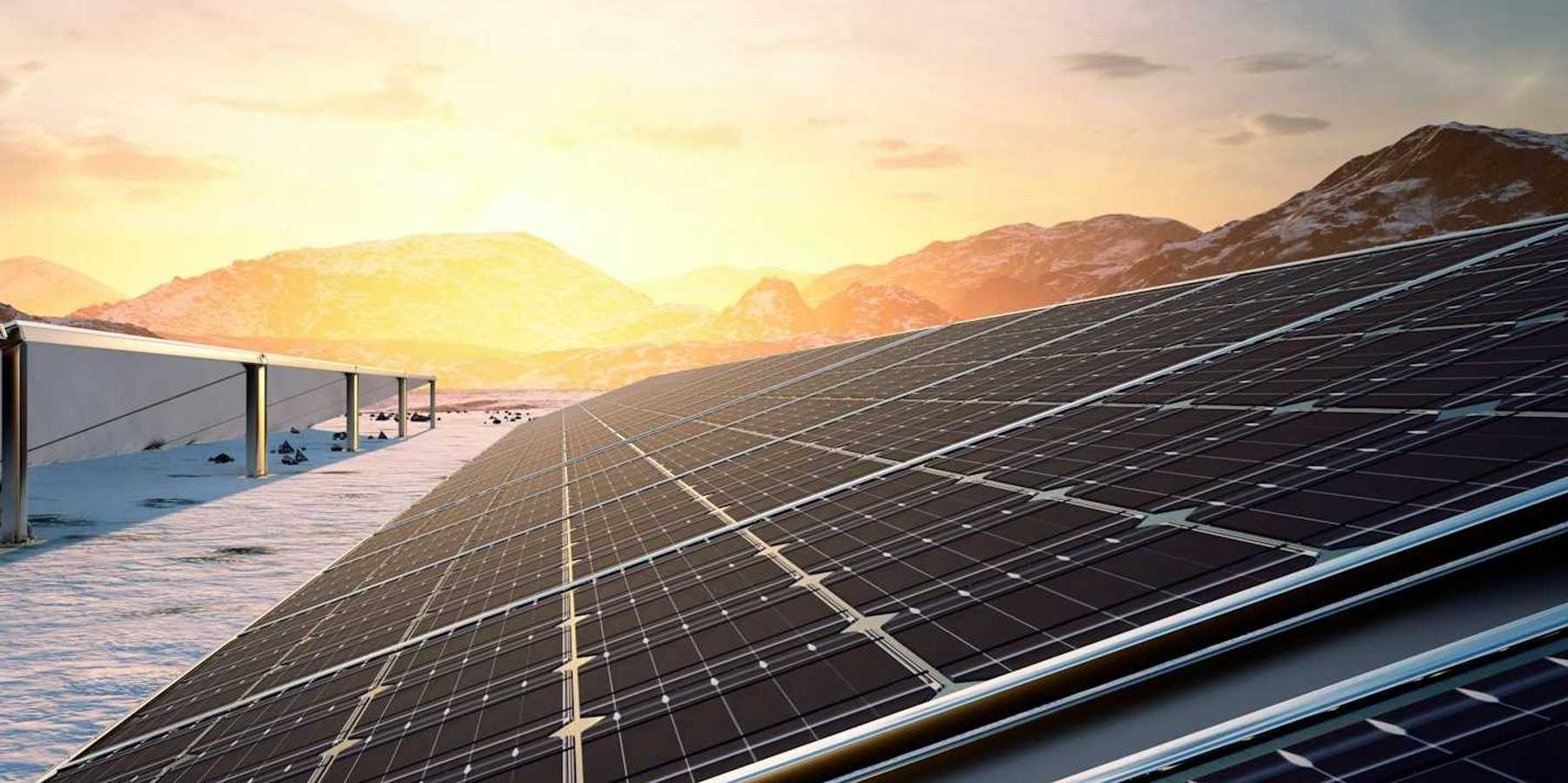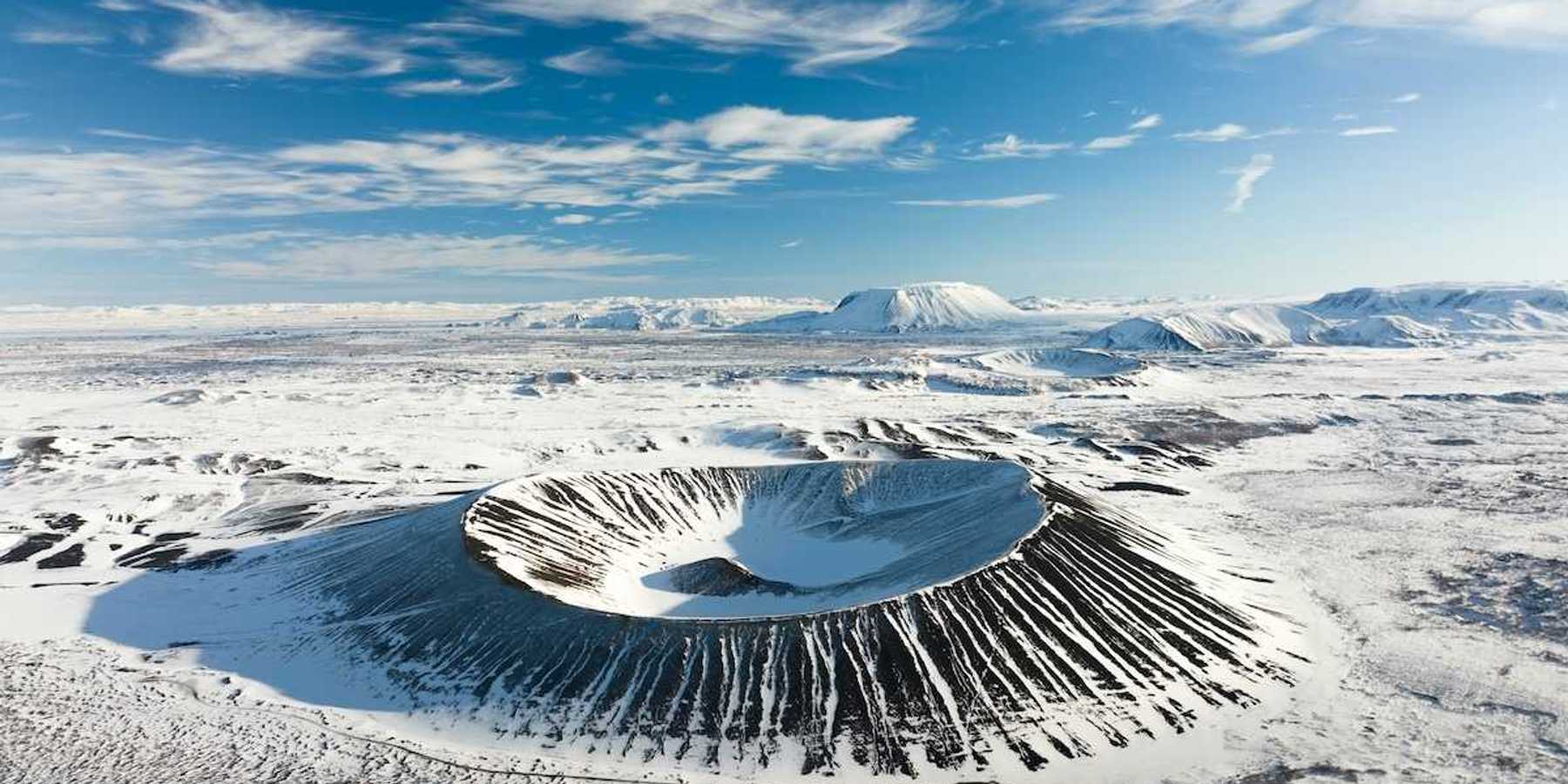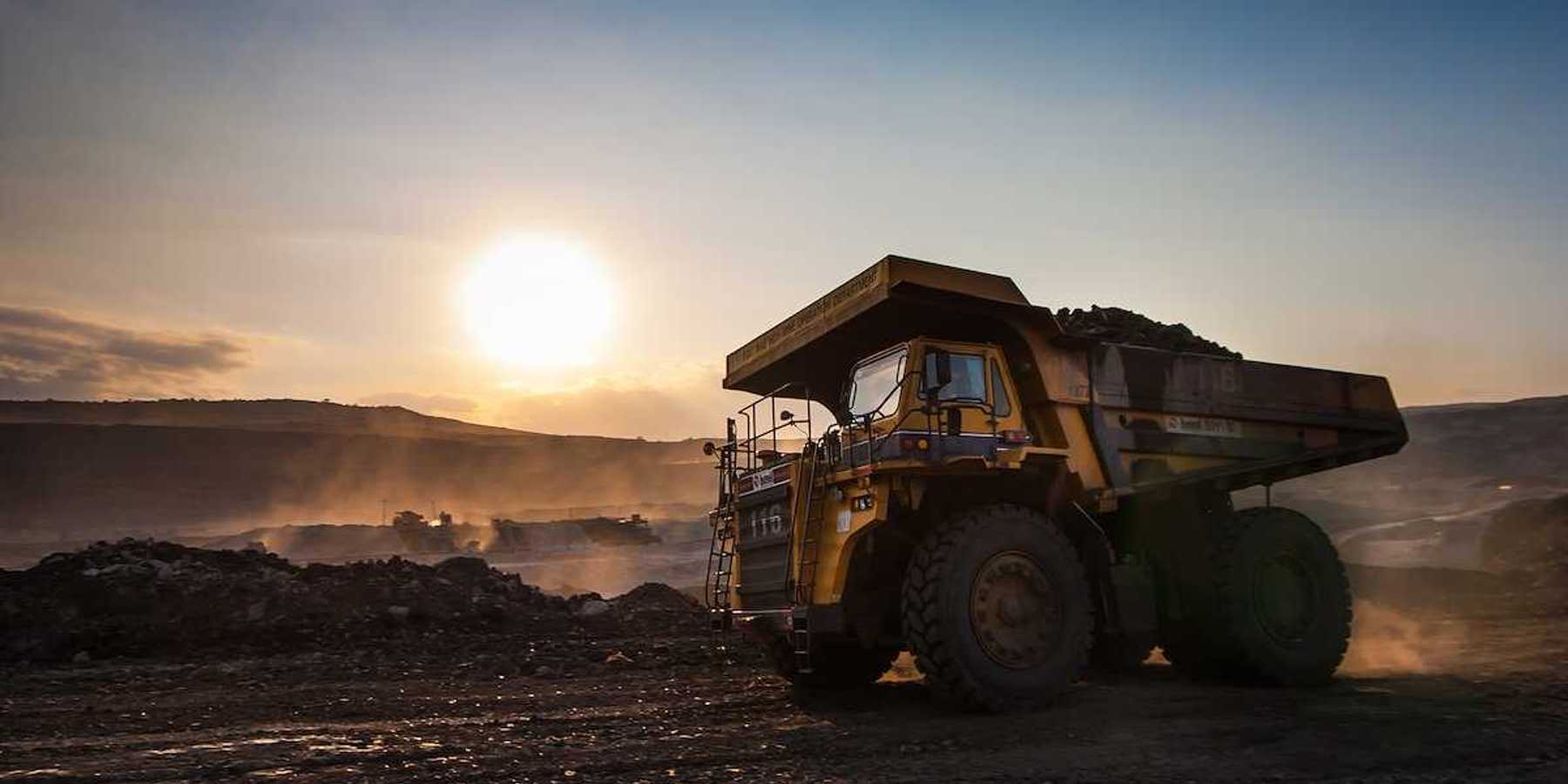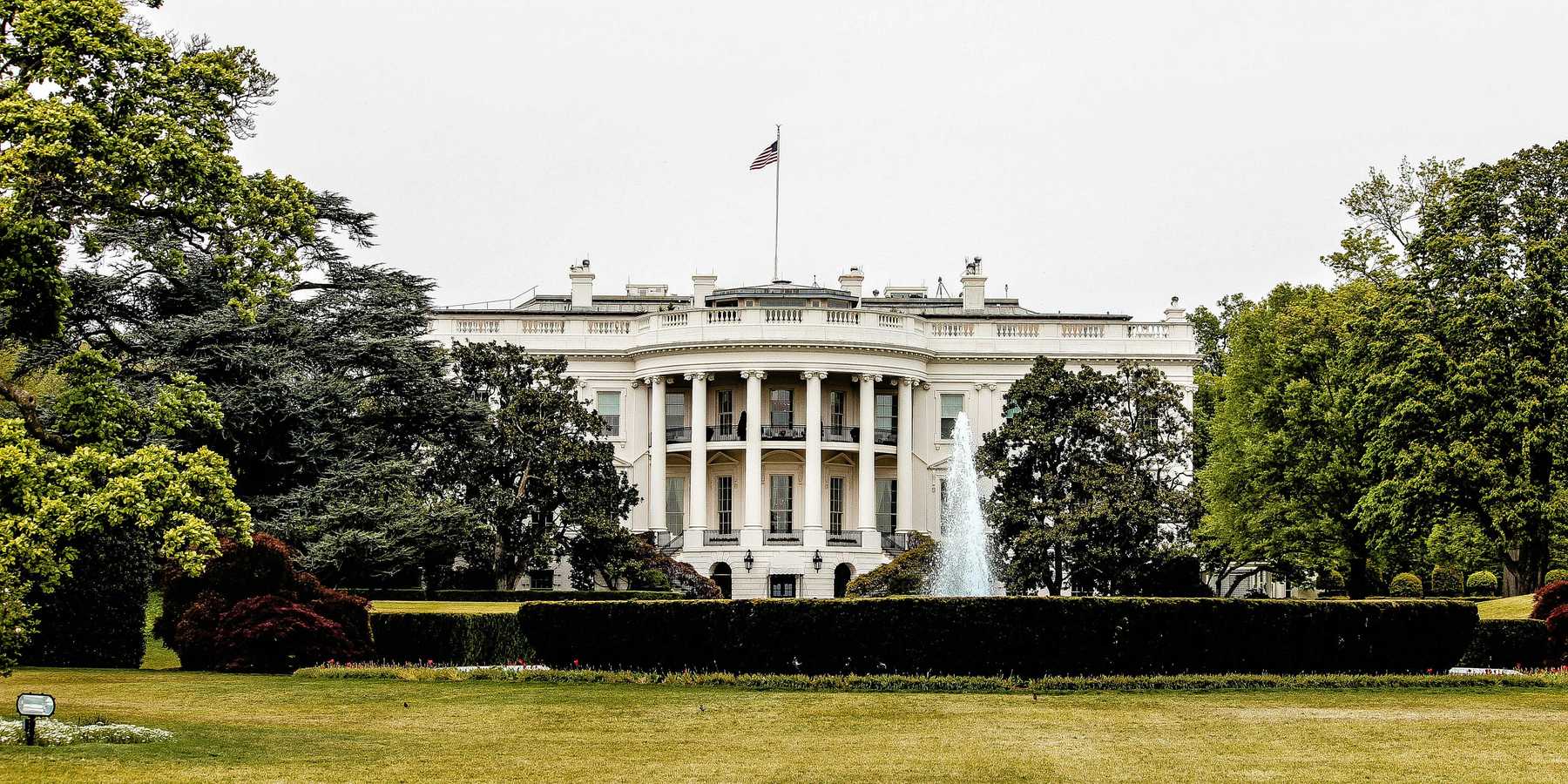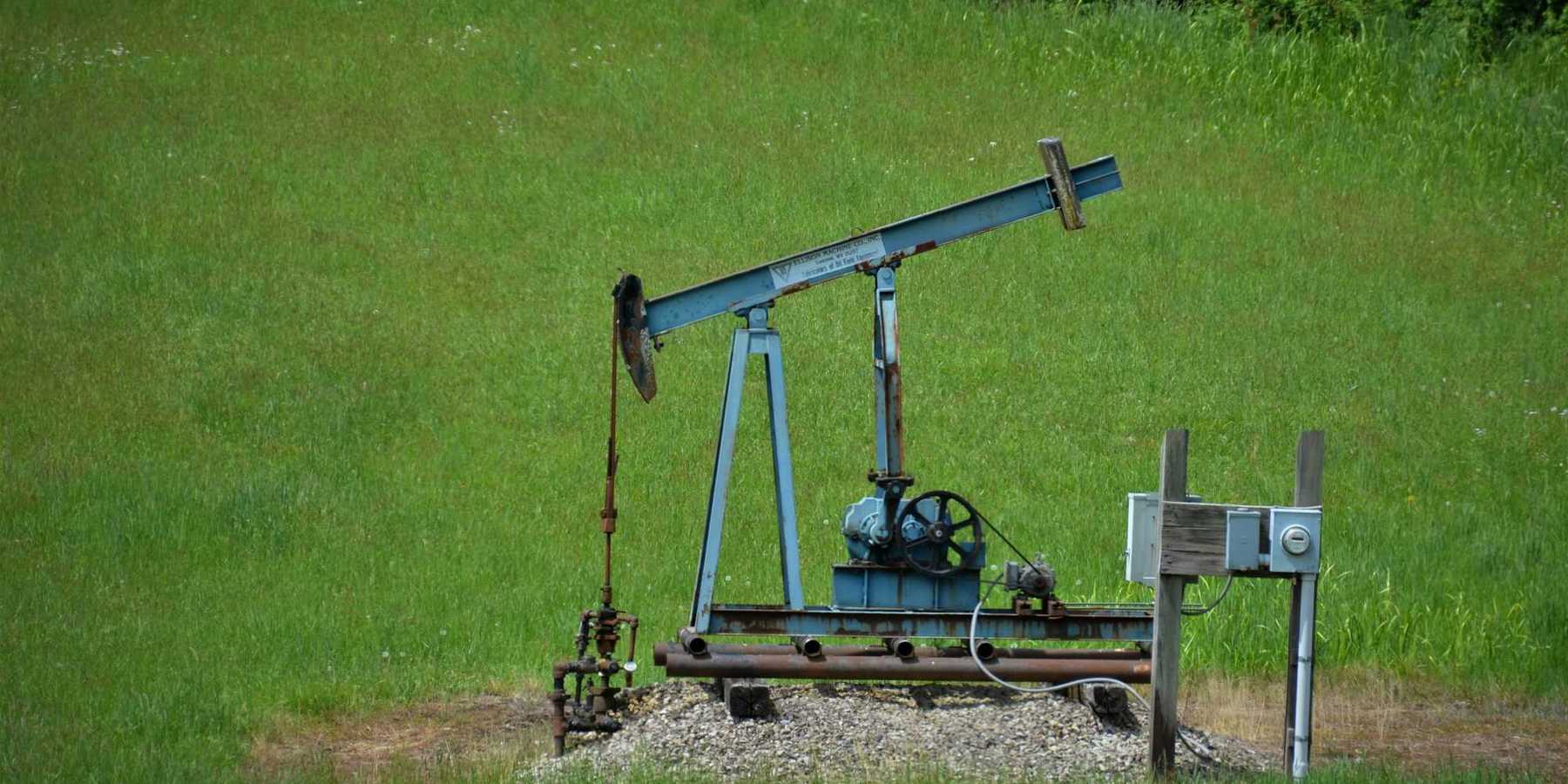There's a plan to turn oceans into climate sponges, but will it work?
Scientists and startups are exploring ways to turn rivers and oceans into carbon sinks by adding limestone to absorb CO2 from the atmosphere.
Brad Plumer and Raymond Zhong report for The New York Times.
In short:
- A startup in Nova Scotia plans to use limestone to capture carbon dioxide from rivers, which could reduce emissions if scaled up.
- The method is part of a growing trend of ocean-based carbon removal strategies, but challenges remain in scaling and proving the technology.
- Environmentalists worry about potential risks to marine life from altering ocean chemistry, as there’s still much to learn about side effects.
Key quote:
“They all have their problems, they all have consequences. But I think we just have to also weigh these against the consequences of doing nothing, which are to me catastrophic.”
— Ken Buesseler, a senior scientist at the Woods Hole Oceanographic Institution
Why this matters:
With climate change accelerating, some experts say innovative carbon removal technologies are critical. While this sounds like a game-changer, it raises big questions. We're talking about massive bodies of water being tinkered with on a molecular level. Read more: Geoengineering: The escape route.



